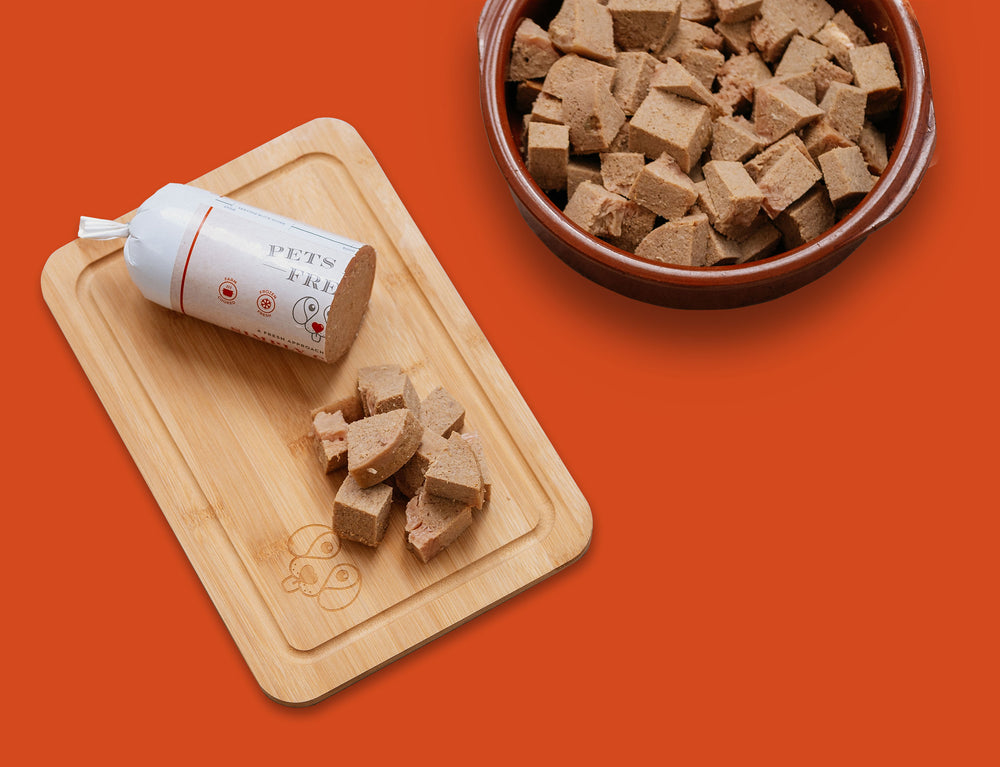What Can Trigger Pancreatitis In Dogs?
If you’ve never heard of pancreatitis, count yourself lucky. One of the most common causes of veterinary emergencies, canine pancreatitis can make your dog very ill, and in some cases of severe acute pancreatitis, even lead to death.
While it can sometimes strike out of the blue - leading to those veterinary emergencies - it can also develop slowly over weeks or months.
The problem is that no single cause can be pinpointed for canine pancreatitis. Instead, much like diseases and illnesses experienced by humans, vets believe that a range of factors could be at play, including genetics, diet and lifestyle. Sometimes, it’s thought that even a single, very fatty meal could trigger it, but other times, there’s no obvious reason for it.
The good news is that if it’s caught in time, this illness can usually be successfully managed. Even better, it’s thought that some lifestyle changes can help reduce the risks of your pup getting it in the first place.
What is Canine Pancreatitis?
In a healthy dog, the pancreas helps digest food and control blood sugar. To do so, it creates special enzymes, which then move down into the small intestine, where they then start to work breaking down food.
However, in canine pancreatitis, these enzymes instead start doing their job in the pancreas itself, which results in damage to the pancreas. If untreated, it can also lead to damage to other organs, such as the liver.
Symptoms of Pancreatitis in Dogs
The main symptoms are below. If your dog experiences even one or two of these, check with your vet.
- nausea
- vomiting (several times within a few hours or over a few days)
- fever
- lethargy
- abdominal pain
- abdominal bloating or distension
- diarrhoea
- decreased appetite
- dehydration
- dog standing in hunched or heads-down, bum-up position
Are Some Dogs More Predisposed To Pancreatitis Flare Ups
It’s known that some breeds - mostly smaller ones - are more prone canine pancreatitis. These include cocker spaniels, dachshunds, miniature schnauzers, poodles and Yorkshire terriers. But dogs of any size and breed can develop the disease.
Other factors that can make any dog more likely to get canine pancreatitis include:
- High-fat diets - thought to be particularly problematic
- Unhealthy diets - often as a result of dogs who live off table scraps or scavenge
- Obesity
- Severe blunt trauma, such a car accident or abuse
- Some pre-existing conditions, particularly endocrine diseases, such as hypothyroidism, diabetes mellitus, cushing’s disease, infections such as Babesia canis or Leishmania, and high blood levels of triglyceride fats
- Some medications or other toxins, including cholinesterase inhibitors, calcium, potassium bromide, phenobarbital, l-asparaginase, estrogen, salicylates, azathioprine, thiazide diuretics, and vinca alkaloids
How Do Vets Diagnose Pancreatitis In Dogs?
A range of tests must be used because although there is a blood test for the disease, called a ‘canine pancreatic lipase’ test, it is only about 70-80% accurate. This means X-rays, physical exams and an array of tests must be performed to rule out other illnesses with similar symptoms and to be sure pancreatitis is the cause of your dog’s illness.
How Do You Treat Pancreatitis In Dogs
For severe acute cases, your vet will need to treat your dog with medicines and other urgent interventions. Once the initial flare-up is under control, your vet will probably suggest a range of lifestyle measures.
The most common long-term treatment is a low-fat, well-managed diet. Dogs who have suffered from pancreatitis - whether acute or chronic - are typically placed on a diet of low-fat food, such as Pets Love Fresh.
It’s possible your vet will also recommend other types of supplements or medications, but in most cases, dietary changes can keep chronic pancreatitis under control.
Pets Love Fresh Dog Food For A Healthy Diet
We all love to treat our dogs, but giving them too many table scraps, the wrong treats, such as fatty left-overs, or poor-quality dog food can lead to a range of health conditions, including canine pancreatitis.
To ensure your dog enjoys a healthy diet and long life, feed them high-quality food from Pets Love Fresh. Our veterinarian-approved adult dog food is high protein, nutritionally balanced and low fat - less than 6%.


